Pakistan, 24/06/2017. From: einnews.com. By Ghulam Noor Jehanian.
Somewhere between the hardcore cleric’s whims and the ruling elite’s desire for expediency, the future of millions is lost.
The education system of Pakistan is faced with a crisis of an unprecedented level. Millions of dreams have been shattered, billions of hopes squandered and infinite talent frittered away. The crude ignorance towards the educational sector is criminal. The issues facing education in the country are uncountable; the harrowing crises never seem to settle. Stretching from a non-uniform education system to incompetent curricula, and from a below par budget spending to the quintessential patriarchal norms, the problems remain unfazed.
According to a report published by a subsidiary of the Federal Ministry of Education itself, there are 22.6 million out-of-school children. On top of it, these children may never get to see the inside of a school. Then there are millions more who receive a substandard education. Resultantly, only seven per cent of the primary school pass-out students are classified as literate. “A child miseducated is a child lost”. Will the society ever standby its promise?
Adding fuel to fire, the menace of terrorism and the overall law and order instability inside Pakistan has hit where it hurts the most. The number of terrorist attacks on educational institutions has surged. The Washington Post claims that there were 82 attacks from 2000 to 2008, and 642 attacks from 2009 to 2013. Who can forget the wretched morning of 16th December 2014 when seven gunmen massacred 144 students in cold blood in the Army Public School of Peshawar? The idea of returning to school still dreads many of the survivors of that attack. According to a New York Times report, from 2015 to 2017, the number of these heinous attacks has fallen. Nevertheless, through fear, panic and distress, these extremist organizations have successfully discouraged people from receiving an education.
More than half of the out-of-school population of Pakistan is women. The inherently stern environment simply does not allow women to prosper. The Pakistani society has been unfair to its women. The ulema have also not played their part when it comes to assuring civil rights for women. The situation is particularly horrible in the rural areas. In October of 2016 the World Economic Forum’s report ranked Pakistan 143rd on the gender equality index out of 144 countries with only Yemen stalling behind it.
A woman is supposed to be a watchful housekeeper, a caring babysitter, and an outstanding cook. A woman needs to have a “high moral character” as it is required of her to uphold man’s “honor”. A woman also needs to have a white skin and a perfect figure, as it is incumbent upon her to please her husband. Thus, a woman must have everything but an education.
Adding to the dispiriting tale, we have upon us, a ruling elite which feeds on the flesh of the disgruntled and the destitute. This year’s budget with all its charm and glory does little to alleviate the educational crisis. The education spending still hovers around 2 per cent of the GDP. Under-spending in education has wreaked havoc on the country’s overall progress. According to Alif Ailaan, a non-for-profit organisation working for education in Pakistan, this intentional neglect of education is one of the reasons behind illiteracy and intolerance running rampant in the country.
Somewhere between the hardcore cleric’s whims and the ruling elite’s desire for expediency, the future of millions is lost. It has been 69 years since we escaped the shackles of colonialism, however, its leftovers still haunt our society. If possible don’t educate, if you are educating, at least make sure it serves your purpose. This has become the general norm.
The education system has been divisive at best. There are the ever-bourgeoning private schools, which only allow admissions to the elite class. Their fancy buildings, large swimming pools and lush green playgrounds accompanied with the shiny uniforms and the ornamental emblems make the government school graduate a rebel within. Contrary to this, haunted buildings, swamped premises and the brutally savage class teacher add to the sad tale of a public school student.
The constitution of Pakistan enshrines the basic right to education irrespective of gender in its article 25A. However, nearly 40 per cent of the population still remains illiterate. Who is at fault? The “system”?
The opposition parties also seem to remain unmoved. Sit-ins against rigging and rallies demanding the PM’s resignation are the order of the day, yet there is seldom a protest for reforming the shambolic education system and eliminating its misgivings. Whether the umpire raises his finger or not, the uneducated won’t care.
There is no escaping the fact that the level of education determines a country’s progress and its overall rank in the world community. Luxemburg, Switzerland, Norway, the USA and Sweden are countries which spend the most on their education. The results are self-explanatory, Luxemburg, Switzerland, Sweden, and Norway have remained prosperous in peace and neutral in war. On the other hand, USA is the world hegemon. How have these countries got to where they are today?
A fascinating example, in this case, is of Malaysia’s Mahathir Mohammed, who remained the longest-serving Prime Minister of the country, holding the post for a period of 22 years. He made Malaysia great by allocating 30 per cent of the annual budget on education. This is what brought blissful changes in the country. Not only did the measure impact economic growth, it also improved the living standards of the people. Malaysia’s daily “thestar” is still over-flooded with tributes from ordinary citizens to Mahathir Mohamad for his educational reforms.
The education revolution in China of 1949 is also a prime example. The Chinese made education a priority, and made it highly competitive. Much of the progress China sees today is owed to the ’49 revolution, a think tank based in Beijing confirms.
The virtues of a proper education are endless. Only if the Pakistani society and the ruling class overcome their self-centric nature and strive for a better education system, most of the country’s problems can be solved.
For instance, education can alleviate the problems of the oppressed. This is because it helps in getting jobs and making people independent and honourable. Once properly implemented, an educational revolution can very well uplift the socio-economic condition of the society.
Pakistan needs democracy. It needs a lot of democracy. For democracy to prevail, education must precede. Quality education actually makes suffrage worth it; it is known to be the flag carrier of democracy.
Furthermore, fighting intolerance, promoting peace and prosperity and accommodating difference of opinion are all needs of the hour for Pakistan. Studies show, and examples portray, that quality education can make these possible for Pakistan.
As Benjamin Franklin, the founding father of the USA once opined, “The only thing more expensive than education is ignorance.”
If positive energies thrive, there is no way a country so much blessed as Pakistan can’t see the other side of this crossroads.
From: https://education.einnews.com/article/388705846/TmfHlvdnRvzT9_wq?lcf=ZdFIsVy5FNL1d6BCqG9muZ1ThG_8NrDelJyazu0BSuo%3D
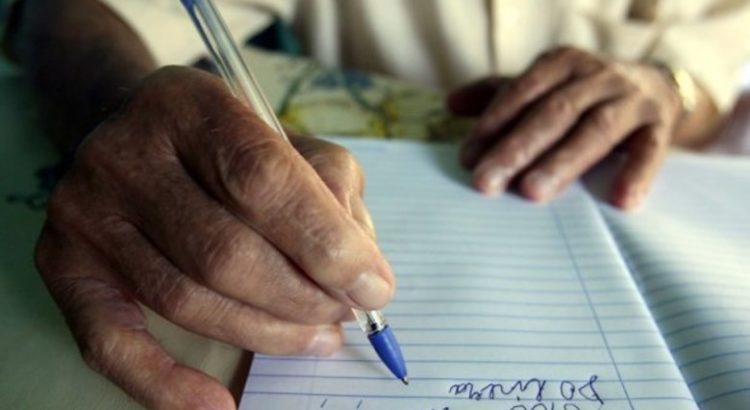
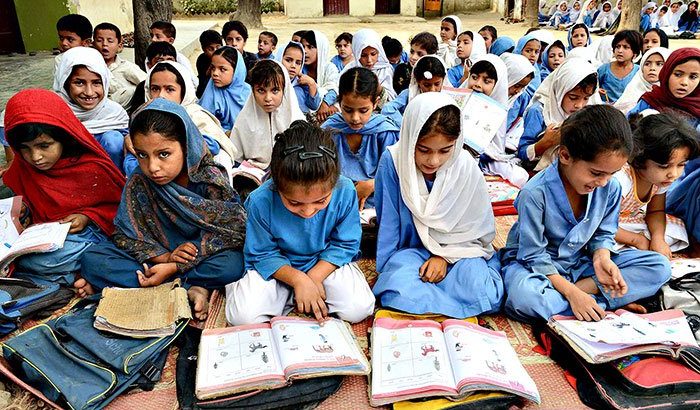
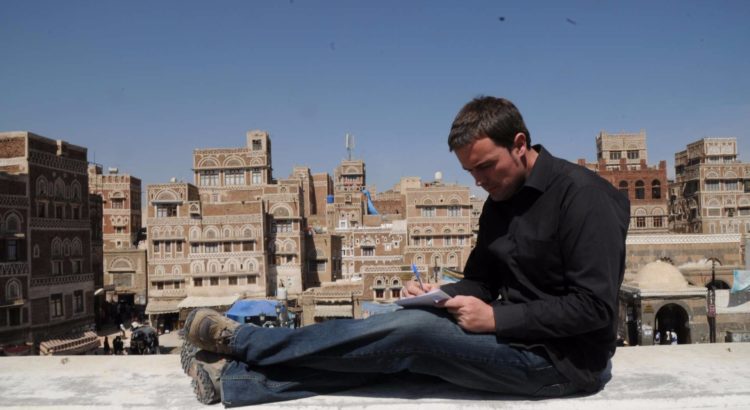
 Donald Trump va a mandar miles de soldados a Afganistán. Pero, ¿acaso les ha preguntado a los afganos lo que necesitan?
Donald Trump va a mandar miles de soldados a Afganistán. Pero, ¿acaso les ha preguntado a los afganos lo que necesitan?

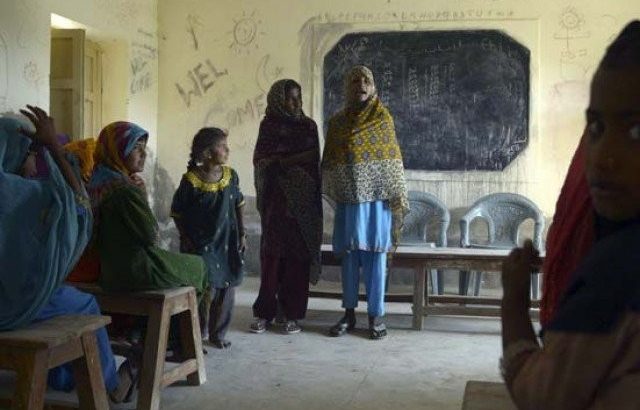

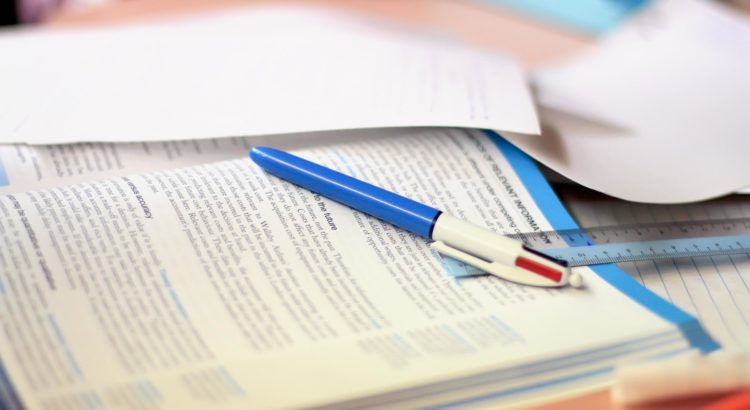
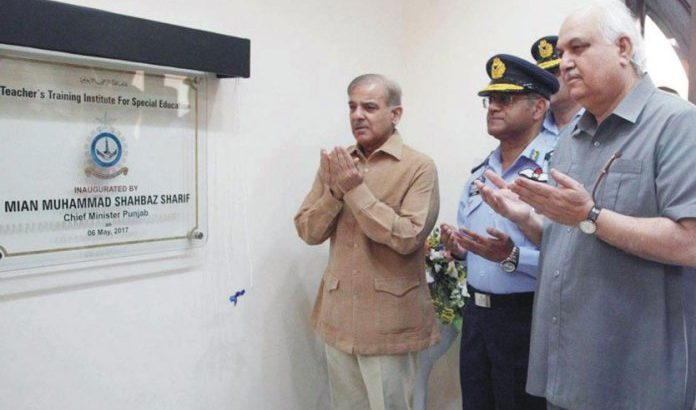
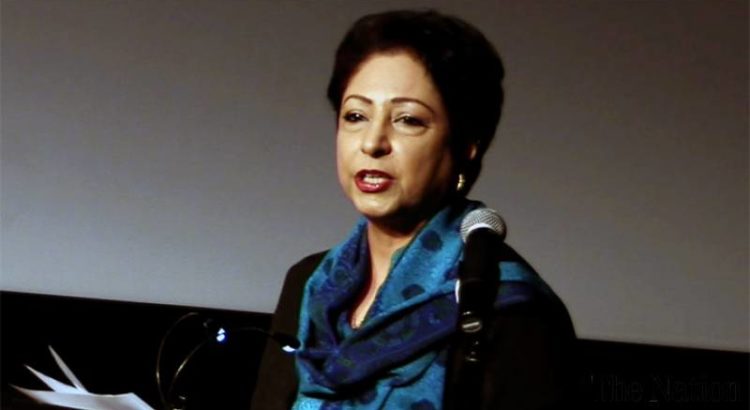








 Users Today : 48
Users Today : 48 Total Users : 35460179
Total Users : 35460179 Views Today : 65
Views Today : 65 Total views : 3418848
Total views : 3418848